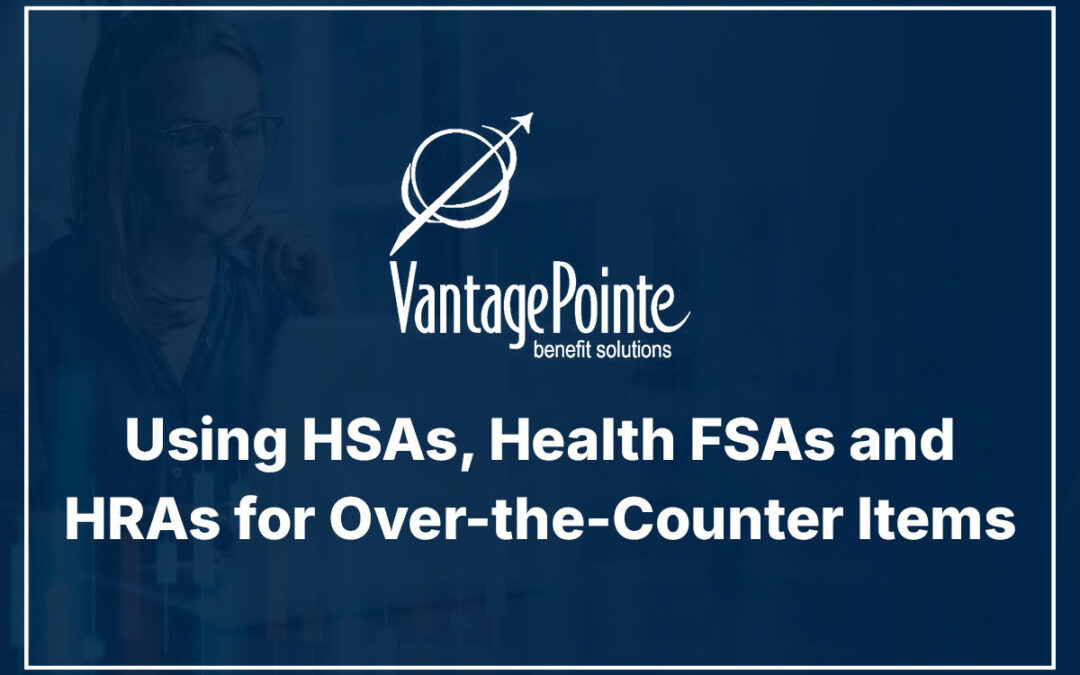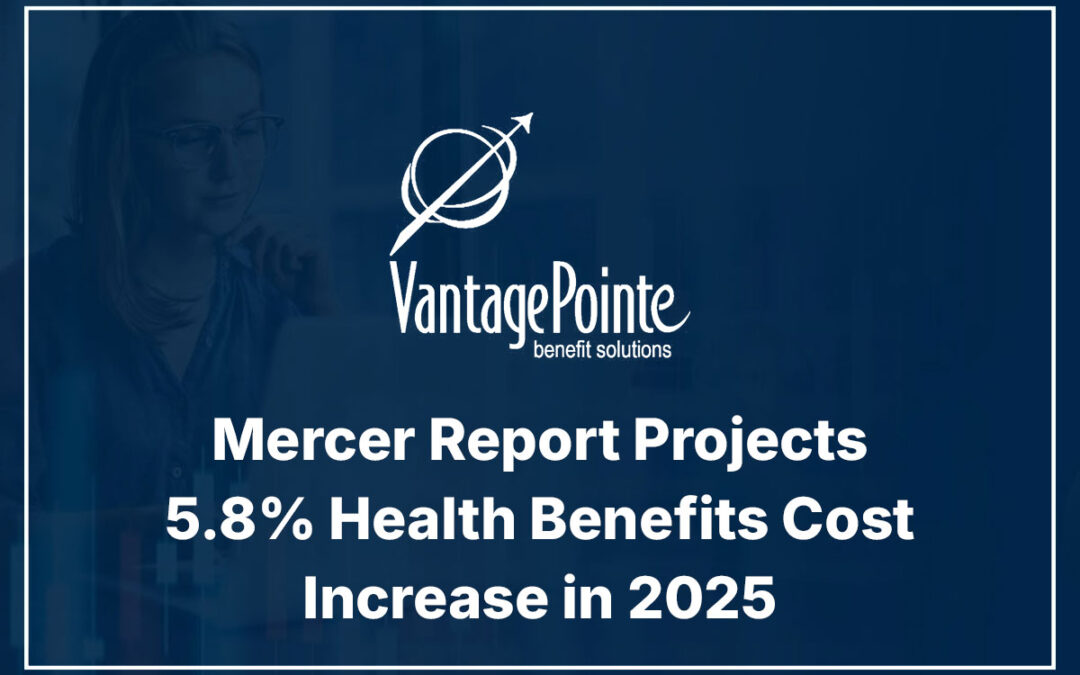
by Joe Hughes | Feb 15, 2025 | Blog, Smart
On Sept. 6, 2024, the IRS released Revenue Procedure 2024-35 to index the contribution percentage in 2025 for determining the affordability of an employer’s plan under the Affordable Care Act (ACA). For plan years beginning in 2025, employer-sponsored coverage will be...

by Joe Hughes | Feb 1, 2025 | Blog, Smart
Health savings accounts (HSAs), health flexible spending accounts (FSAs) and health reimbursement arrangements (HRAs) may provide tax-free reimbursements of certain over-the-counter (OTC) items. OTC items are generally available to consumers without a prescription. To...

by Joe Hughes | Jan 15, 2025 | Blog, Smart
The job market remains highly competitive as employers work to attract and retain today’s top talent. With the 2025 open enrollment season around the corner, employers have an opportunity to develop attractive benefits offerings and proactively communicate with...

by Joe Hughes | Nov 1, 2024 | Blog, Smart
U.S. employers estimate that health benefit costs will increase by 5.8% in 2025, according to Mercer’s 2024 National Survey of Employer-sponsored Health Plans. This would mark the third consecutive year that the total cost per employee rose more than 5%. The report...

by Joe Hughes | Sep 15, 2024 | Blog, Smart
The Affordable Care Act (ACA) made widespread reforms to health plan coverage when it was enacted in 2010. Since then, changes have been made to various ACA requirements for employer-sponsored health coverage. These changes include annual cost-of-living increases to...

by Joe Hughes | Sep 1, 2024 | Blog, Smart
On July 2, 2024, the U.S. Department of Labor’s (DOL) Occupational Safety and Health Administration (OSHA) announced an unofficial version of the proposed standard to protect workers from heat injury and illness. If finalized, the new standard would apply to all...







